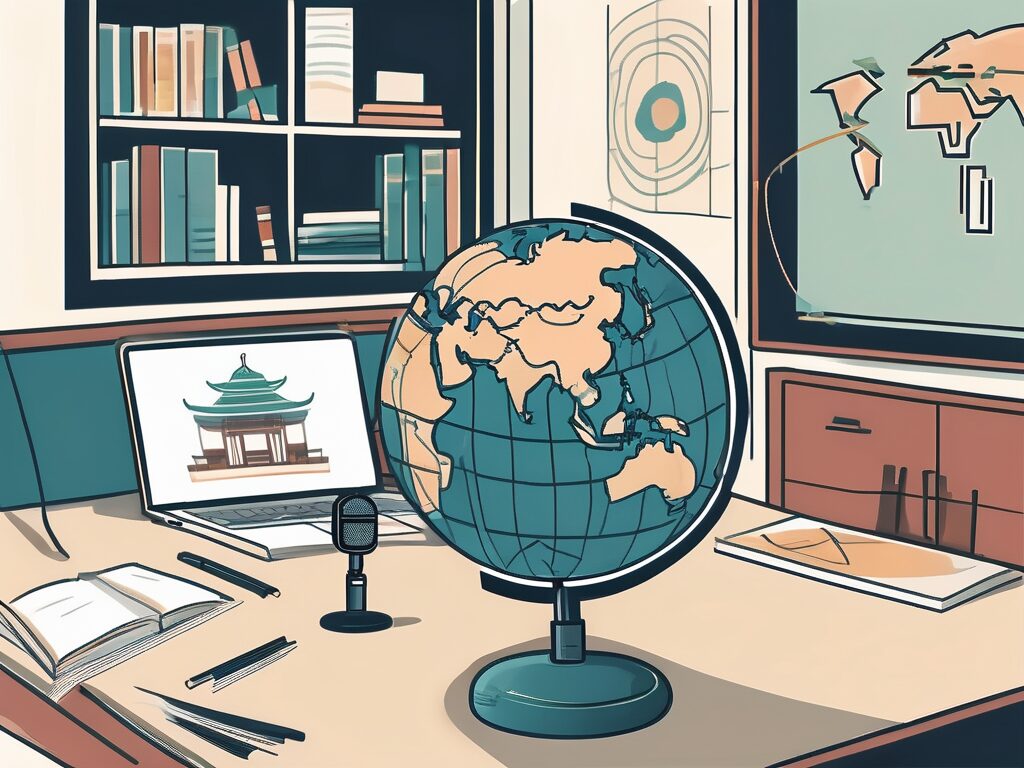Venturing into the world of international teaching can be an exciting yet daunting experience. Vietnam, with its rich cultural heritage and booming education sector, is a popular destination for many aspiring educators. However, preparing for an interview in a foreign country can be a challenge. Fear not, as we delve into five common international teaching interview questions for Vietnam, equipping you with the knowledge to ace your interview and embark on your teaching journey.
1. Can you tell us about your teaching experience?
This is a standard question in any teaching interview, whether domestic or international. The interviewer wants to gauge your experience level and understand how you’ve applied your teaching skills in the past. It’s your chance to showcase your expertise and how it aligns with the teaching requirements in Vietnam.
When answering this question, it’s crucial to highlight any experience you have with students of different ages, abilities, and cultural backgrounds. If you’ve taught in other international settings, be sure to mention this as well. Remember, it’s not just about the quantity of your experience, but the quality and relevance to the position you’re applying for.
2. How do you handle classroom management?
Classroom management is a critical aspect of teaching. In Vietnam, classrooms can be quite large, and maintaining discipline while ensuring a conducive learning environment can be a challenge. Interviewers will want to know your strategies for managing a classroom effectively.
Discuss your approach to setting rules and expectations, dealing with disruptive behaviour, and fostering a positive learning environment. If you have specific examples of how you’ve successfully managed a classroom in the past, share these. Your strategies might differ depending on the age and cultural background of your students, so be sure to address this.
3. How do you adapt your teaching style to different learning needs?
Every student is unique, and effective teachers can adapt their teaching styles to cater to diverse learning needs. This is particularly important in an international setting like Vietnam, where students may have different learning styles and cultural backgrounds.
Describe how you differentiate instruction to cater to different learning needs. For instance, you might use visual aids for visual learners, group activities for social learners, or hands-on experiments for kinesthetic learners. Real-life examples of how you’ve adapted your teaching style in the past will help to illustrate your adaptability and commitment to student success.
4. How do you incorporate culture into your teaching?
Incorporating culture into teaching is essential, especially in an international setting. This not only makes learning more engaging but also helps students to understand and appreciate different cultures. In Vietnam, where cultural heritage is highly valued, this is particularly important.
Discuss how you incorporate elements of Vietnamese culture into your lessons. This could involve using local examples in your teaching, celebrating Vietnamese holidays, or incorporating Vietnamese literature and history into your curriculum. Demonstrating a willingness to learn about and incorporate Vietnamese culture into your teaching will show your commitment to providing a culturally responsive learning environment.
5. Why do you want to teach in Vietnam?
This question is a chance for you to show your passion for teaching and your interest in Vietnam. Interviewers want to see that you’re committed to the role and excited about the opportunity to teach in Vietnam.
Discuss what attracts you to Vietnam, whether it’s the culture, the people, the education system, or the opportunity to make a difference. Be sure to mention any personal or professional connections you have to the country. Your answer should convey your enthusiasm for teaching and your eagerness to contribute to the Vietnamese education system.
In conclusion, preparing for an international teaching interview for Vietnam involves understanding the country’s education system and cultural context, as well as reflecting on your teaching experience and strategies. By doing your homework and preparing thoughtful, well-reasoned responses to these common interview questions, you’ll be well on your way to acing your interview and embarking on an exciting teaching journey in Vietnam.
Elevate Your International Teaching Career with IPGCE
Ready to transform your aspirations into a successful international teaching career in Vietnam? Join the UK’s #1 Teacher Training Course, the International Postgraduate Certificate in Education (iPGCE), and overcome the common barriers to qualification. With IPGCE, enhance your credentials, increase your chances of interview callbacks, and unlock new opportunities for career advancement. Experience a significant salary boost, connect with a global professional community, and gain a profound understanding of international curricula. Embrace the flexibility of online study tailored for working educators like you. Don’t let inadequate qualifications hold you back. Join IPGCE now and take the first step towards a rewarding teaching journey in Vietnam.

